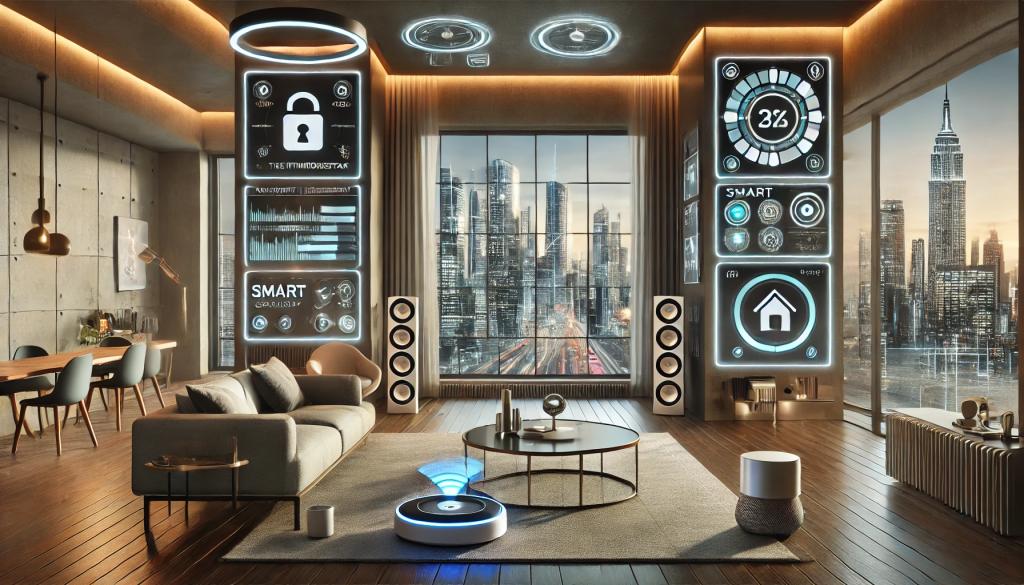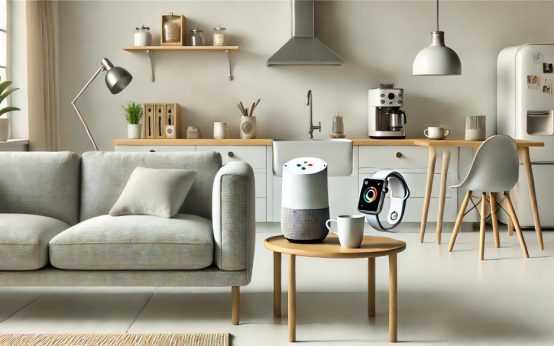Artificial intelligence (AI) is not just revolutionizing the workplace; it is also reshaping how we live at home. As AI technology advances, its impact on home automation is becoming increasingly profound, offering smarter, more efficient living environments.
Rise of Smart Home Technology
Cisco predicts that by 2021, home automation, security, and other connected applications will make up 46% of machine-to-machine (M2M) connections. The proliferation of smart devices controlled via smartphones and tablets is already noticeable. However, managing multiple devices through different apps can be cumbersome. Integrated systems like Amazon Echo and Google Home simplify this by using the Internet of Things (IoT) to control devices via voice commands, marking a leap towards connected homes.
AI-Enhanced Home Automation: A Glimpse into the Future
Imagine returning from work and having your home automatically adjust to your presence. AI in home automation can detect when you are nearing home and make adjustments accordingly—from setting the air conditioning to your preferred temperature to unlocking your doors, turning on lights, drawing curtains, playing your favorite music, and even starting to brew coffee. This level of automation, reminiscent of J.A.R.V.I.S. from Iron Man, points to a future where almost all household tasks can be managed by simple voice commands.

Voice Control: The Frontier of Convenience
Voice commands offer unparalleled convenience, particularly for the elderly or those with disabilities who might struggle with traditional controls. Major companies like Amazon, Apple, and Google are heavily invested in enhancing voice-controlled home automation. However, there are situations where voice commands may not be suitable, such as when a baby is sleeping nearby. In these cases, text commands are a valuable alternative, as highlighted by Mark Zuckerberg when he developed his JARVIS home automation system.
Beyond Convenience: Security and Energy Efficiency
AI’s role extends beyond convenience to areas like home security and energy conservation. AI can significantly enhance home security systems through features like facial recognition, which Facebook uses to tag photos with 97% accuracy. Similarly, AI can identify and catalog individuals who visit your home, reducing false alarms and increasing security efficacy.
Energy efficiency is another critical area. AI can manage devices to minimize ‘vampire energy’—energy that devices consume when they are turned off but still plugged in, which can inflate energy bills. AI-driven automation systems can ensure lights and appliances are off when not needed, saving energy and reducing costs.
Challenges and Security Concerns
While AI-driven home automation offers many benefits, it also faces challenges, such as the initial investment and the need for robust security measures to prevent hacking and protect privacy.


-1024x640.jpg)
 The Transformation of Everyday Life by Artificial Intelligence
The Transformation of Everyday Life by Artificial Intelligence